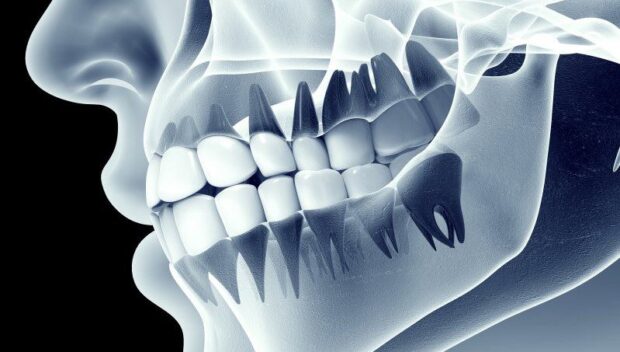Jawbone does not remain strong forever. Individuals might lose their jawbone if they are suffering from facial injuries, periodontal disease, developmental issues, or considering a dental implant, denture, or tooth extraction procedure.
If your dentist notices you have a weakened jawbone or bone loss in your jaw, they might suggest you undergo Katy bone grafting before any further therapy is performed. Bone grafting is a surgical procedure where your dentist repairs missing or weak jawbones by transplanting healthy bone material. Your doctor may obtain this material from elsewhere on your body, or from a donor. Continue reading to discover the many benefits of dental bone grafting.
1. Enhances Facial Aesthetics

Your jawbone plays a huge role in the appeal of your facial looks. The slightest amount of missing jawbone mass can hugely affect your facial look by causing a sunken-in appearance. However, replacing the lost bone could restore or enhance your appearance.
Dental bone grafting triggers the facial bone structures and improves your general look. As a result, you will enjoy improved self-esteem and confidence, which could positively affect other aspects of your life, like work or school.
2. Improves Chewing Strength
A solid jawbone is vital for chewing hard foods. Any bone loss or weakness in your jaw could make it hard to chew your beloved foods. Bone grafting will enhance your chewing strength by restoring your jawbone to its original strength.
Of course, you must wait till you receive new dental implants for your mouth to be ready to chew. Nonetheless, jawbone strength will be present once you are ready!
3. Avoids Further Bone Damage

Your jawbone and teeth provide reinforcement and strength to one another. For this reason, one missing tooth can affect your jawbone strength and eventually affect the stability and strength of other teeth in your mouth.
Bone grafting will keep your jawbone from deteriorating any further. Dental bone grafting will restore the lost jawbone mass and ensure that the remainder of your teeth and jawbone stay stable and healthy. As such, you should now wait too long to undergo bone grafting as it is easier to salvage your teeth and jawbone the sooner you seek treatment.
4. Provides Support to Dental Appliances
Bone grafting is usually the first step in receiving crucial dental appliances like bridges, crowns, dentures, and implants. Once the grafting strengthens your jawbone, it can offer the required support for holding the dental in position inside your mouth. With this added support, you can prolong the lifespan of your dental appliances as it reduces the risk of injuries or setbacks.
5. Fix Sinus Problems

In some situations, once an individual loses their upper back teeth, the maxillary sinuses may descend and affect functionality. For this reason, it is harder to place dental implants and other prosthetics as they can puncture through your sinus membrane. Bone grafting can readily assist you in relocating your sinuses to their correct position, making it easy to place implants.
Dental bone grafts are performed to help avoid long-term health complications associated with gum disease and tooth loss and offer adequate bone material to hold dental appliances. While many might be discouraged from undergoing the procedure as it seems so complicated, it is important to know that the procedure is generally safe and well-tolerated. Nevertheless, as with other dental treatments, there is a risk of complications and side effects, such as bruising, swelling, and pain. Adhering to your dentist’s guidance during recovery will help reduce your likelihood of complications after the treatment and avoid further bone loss in the future.




























